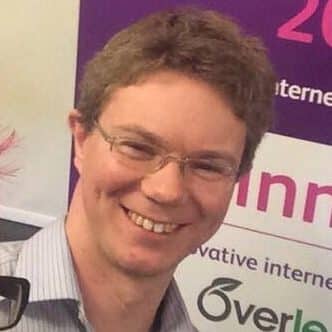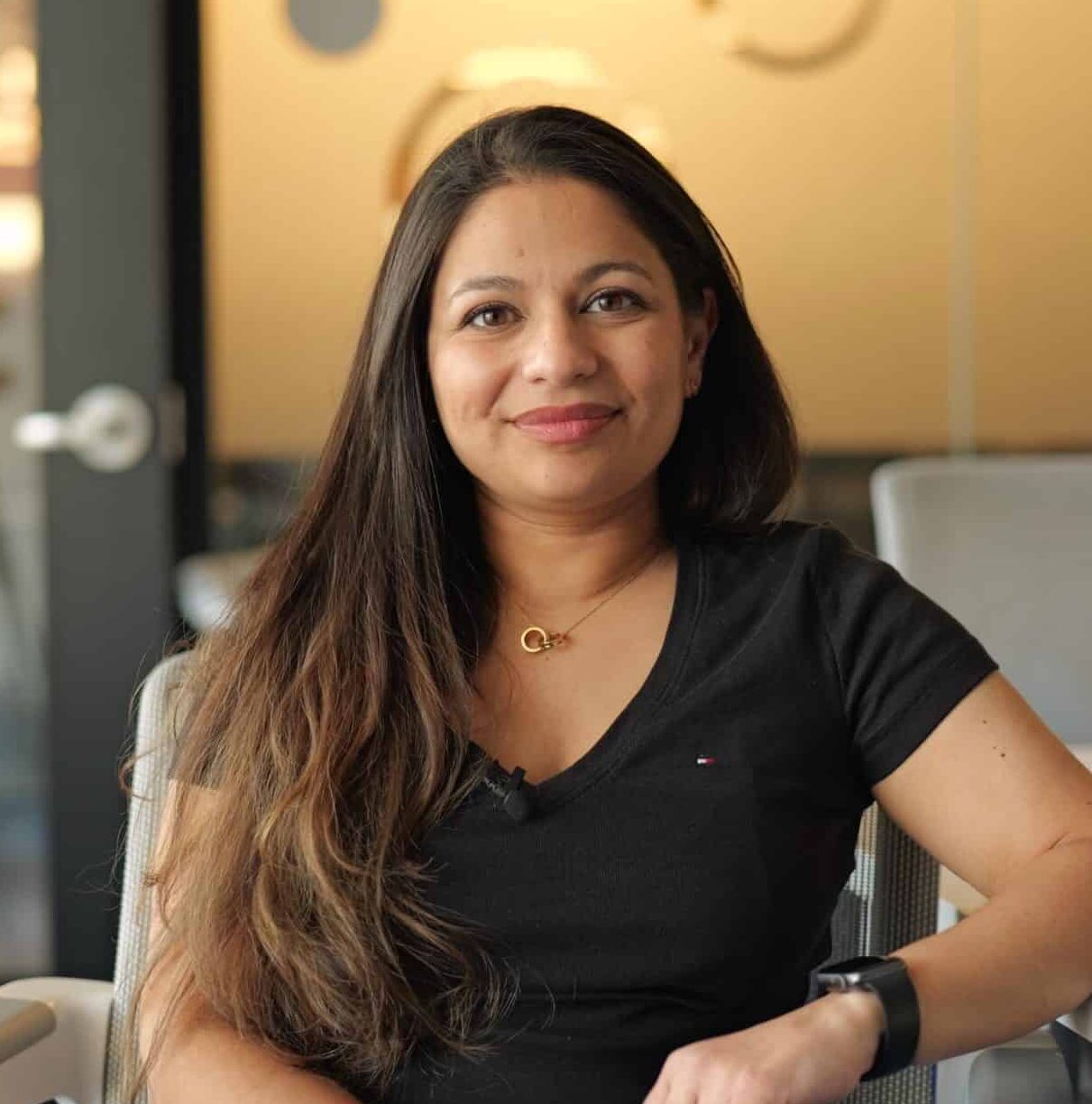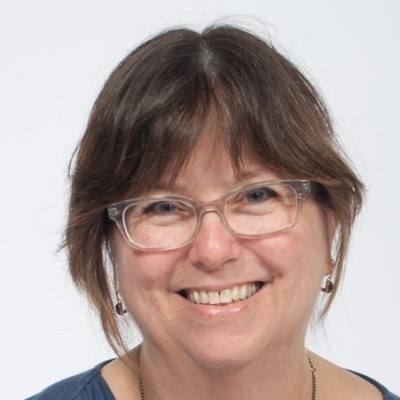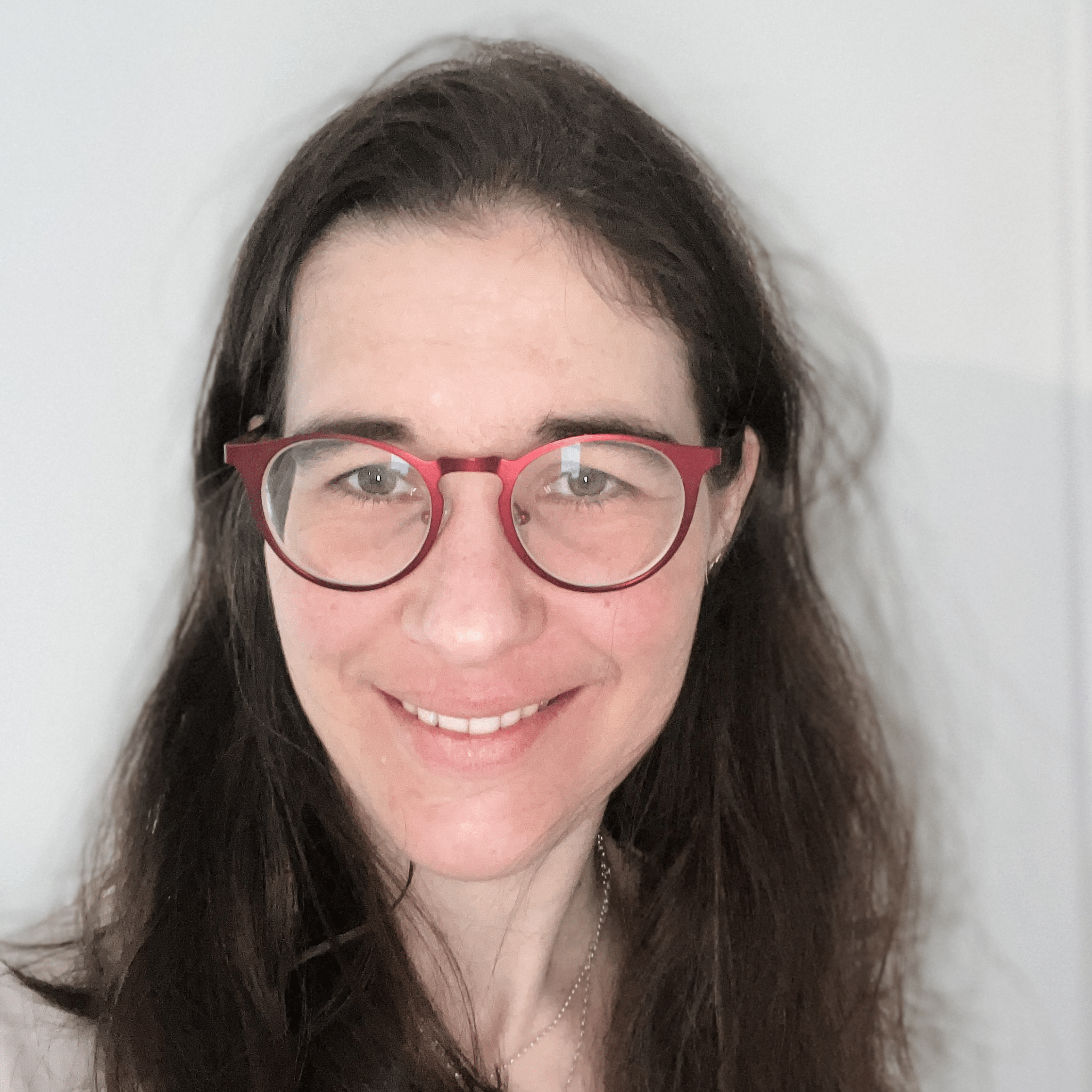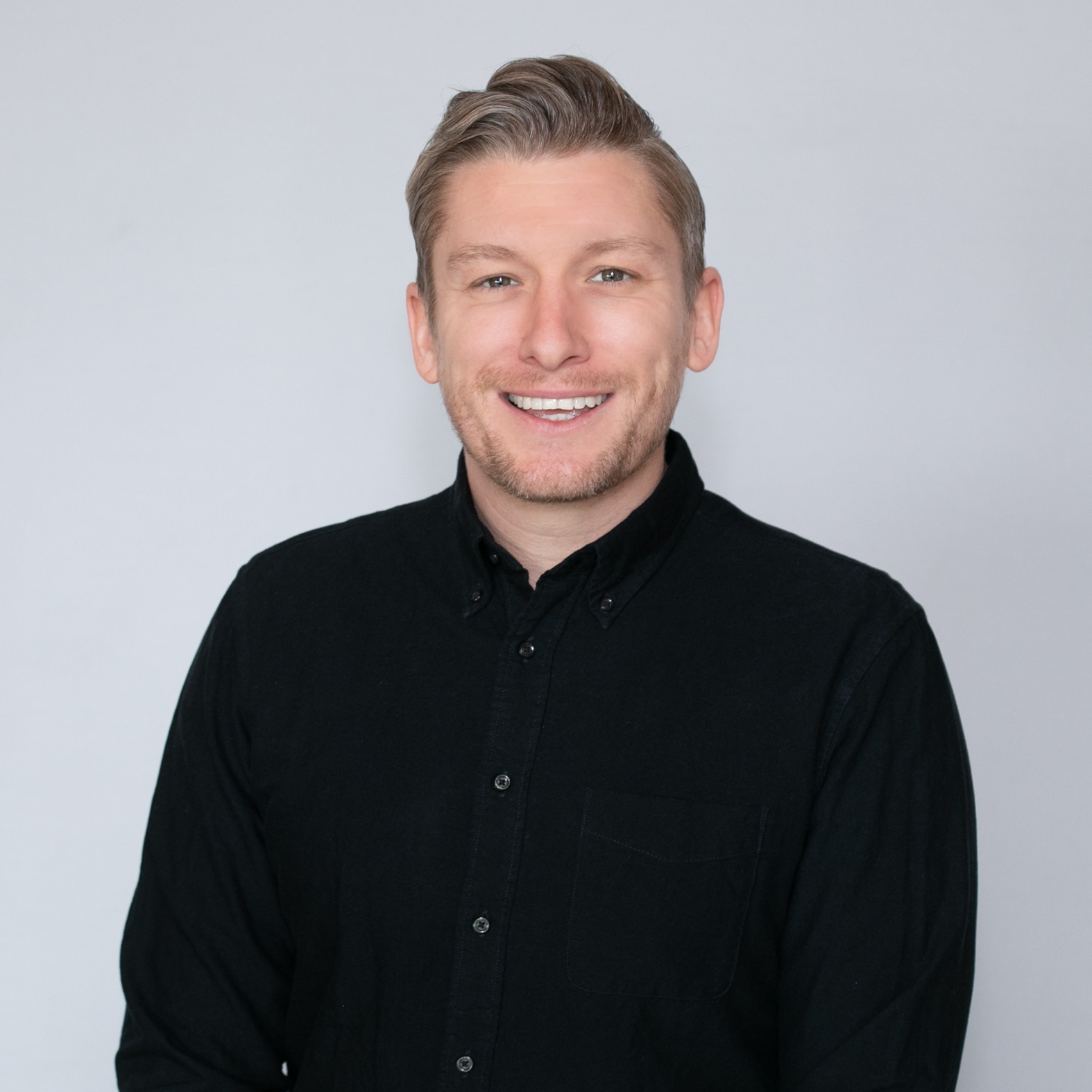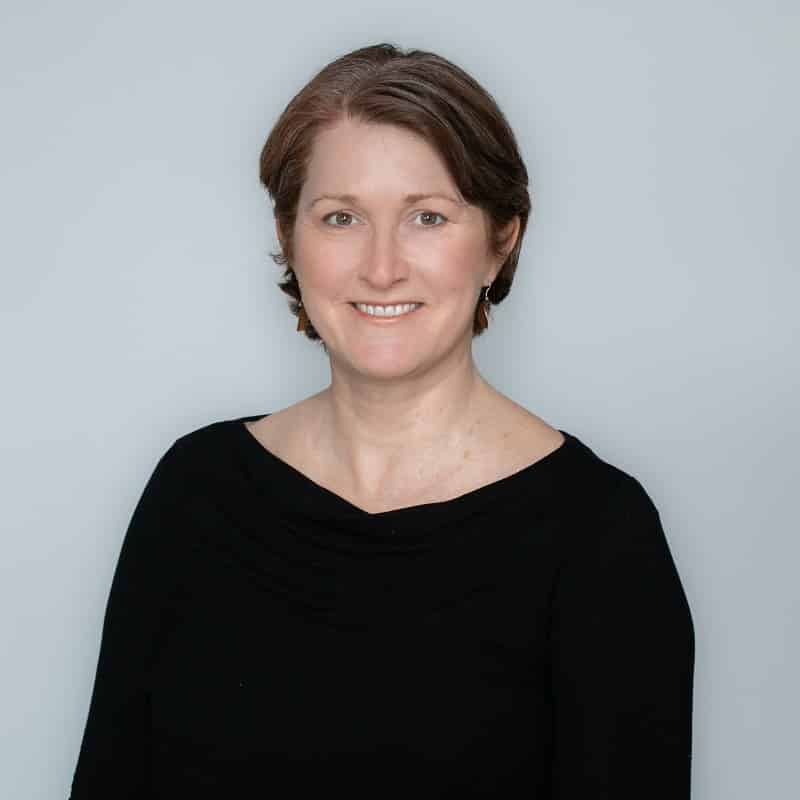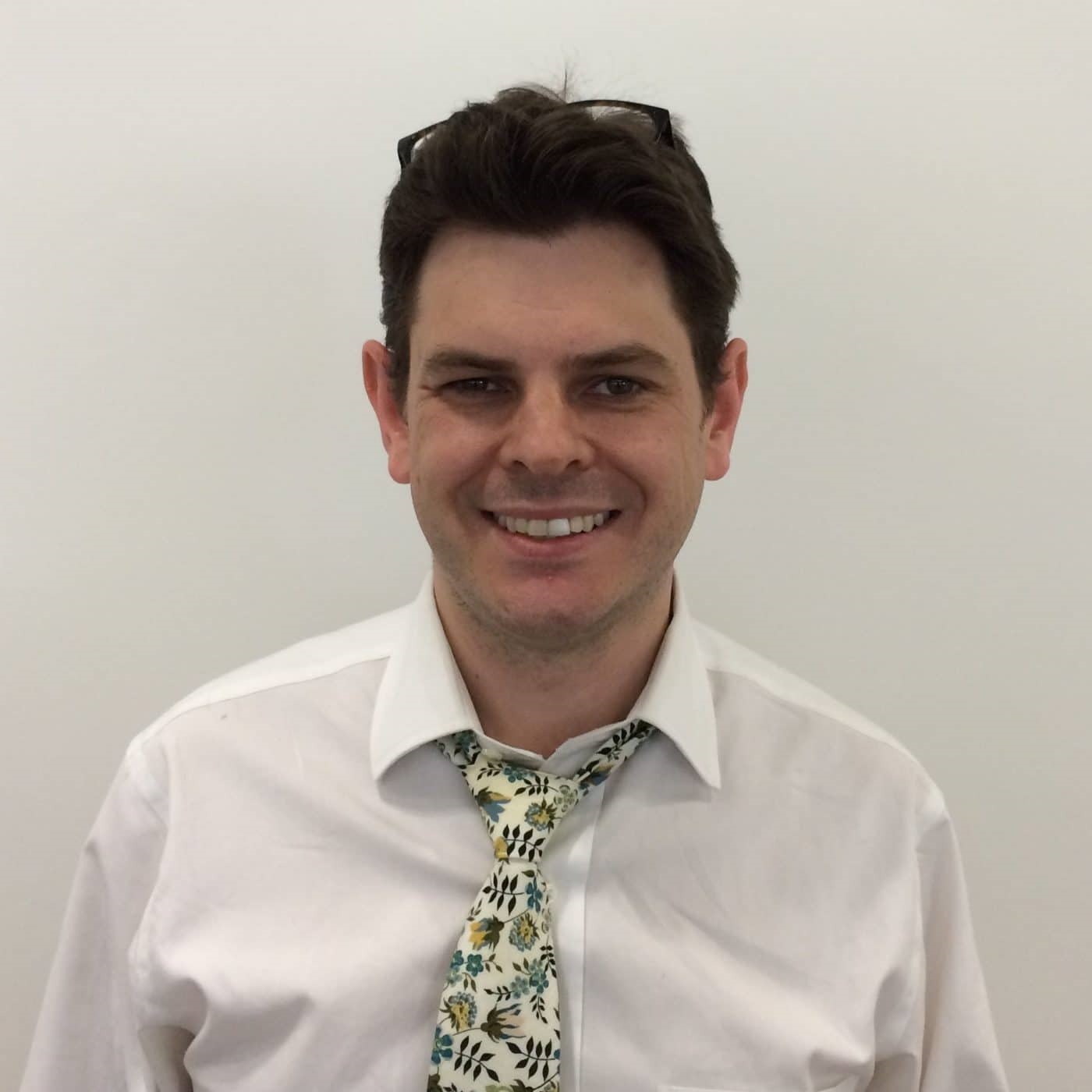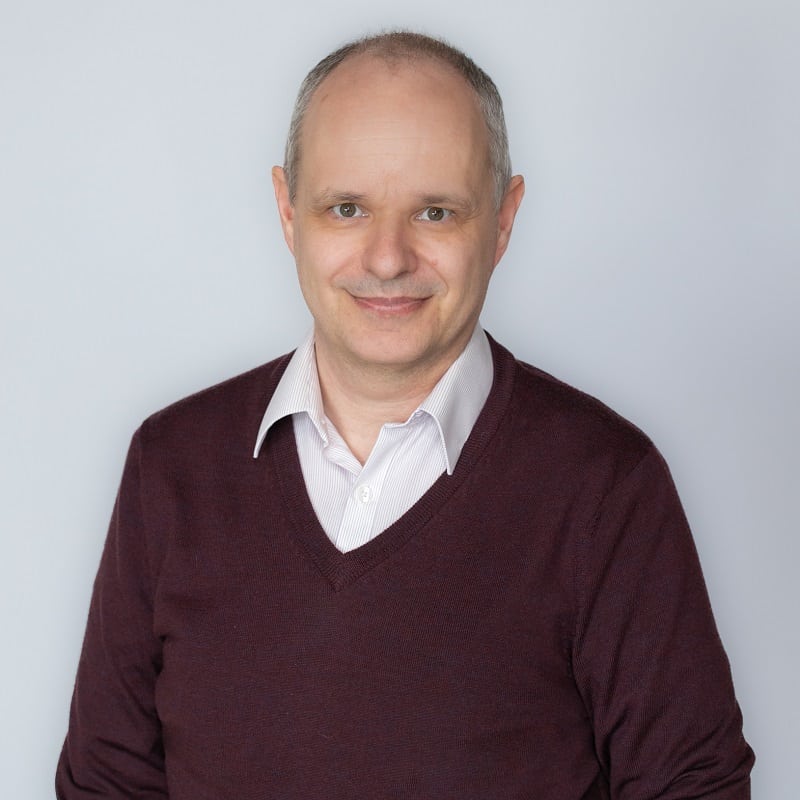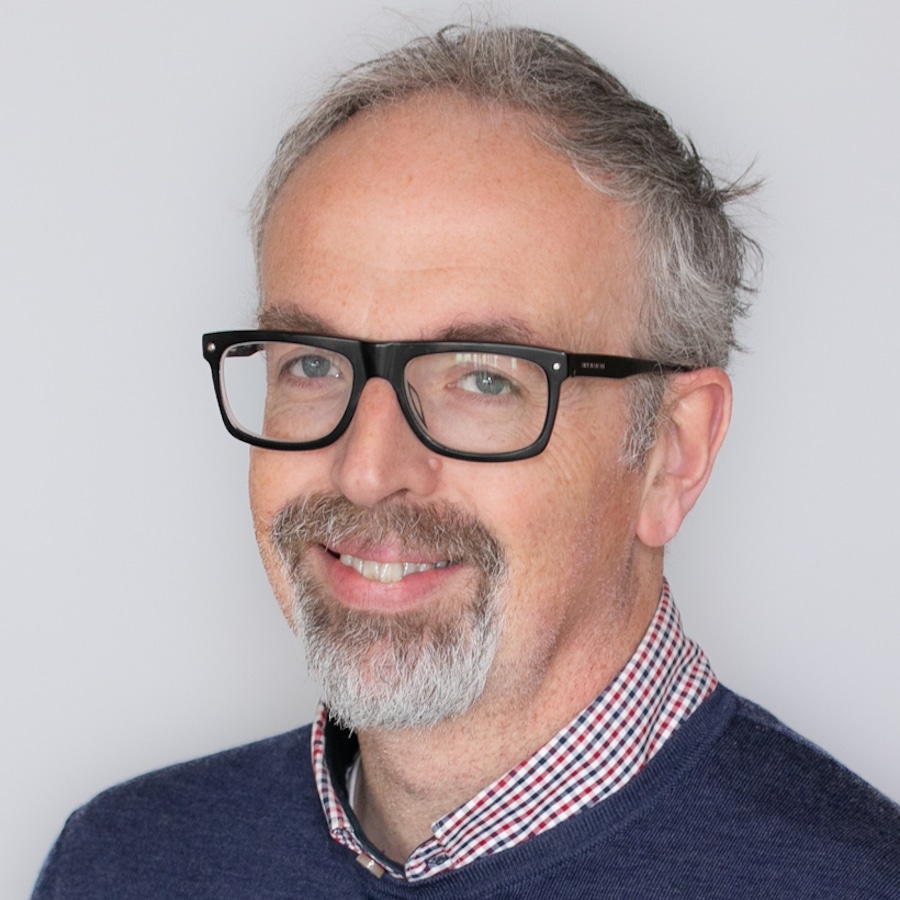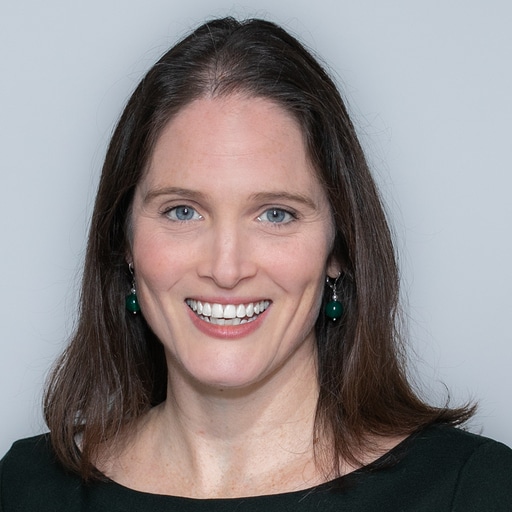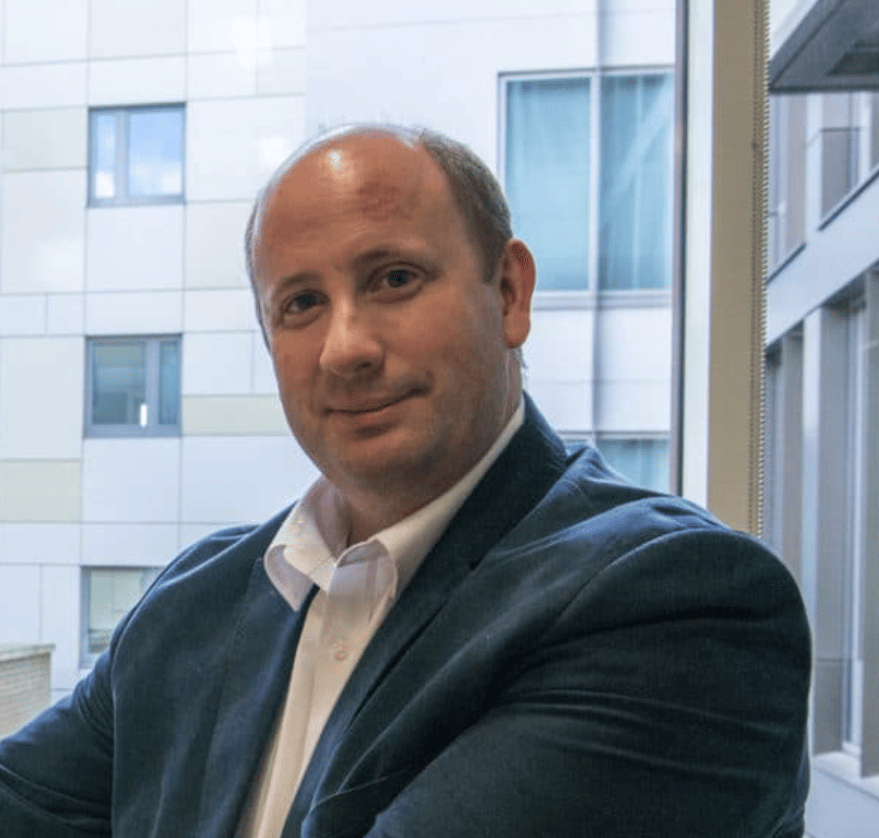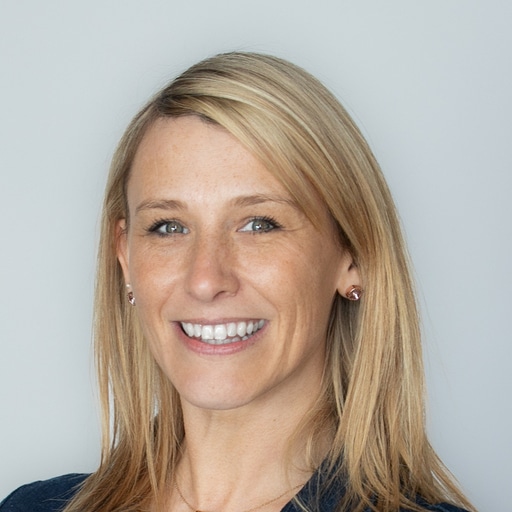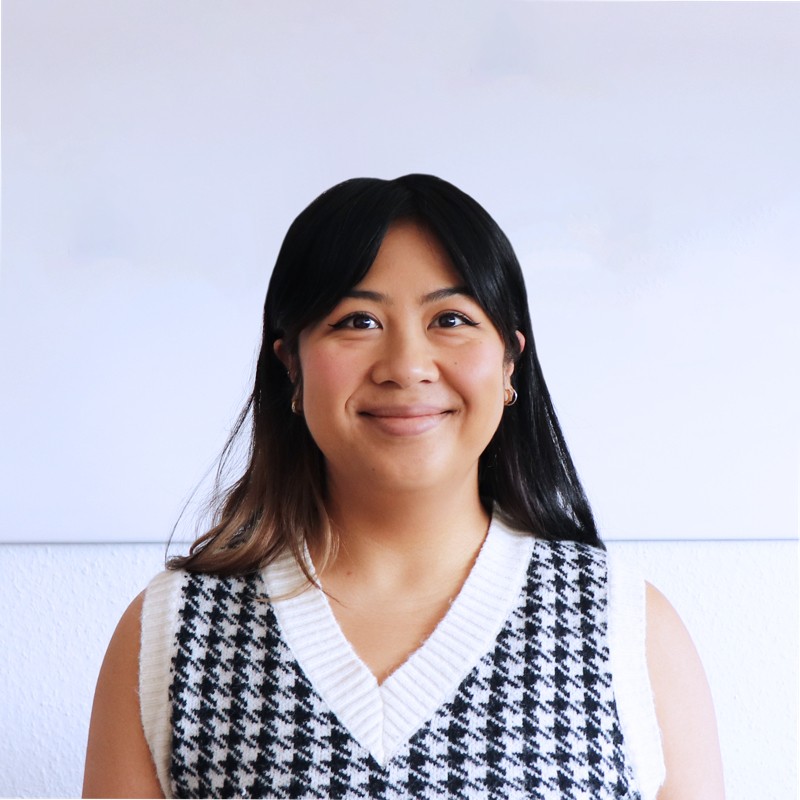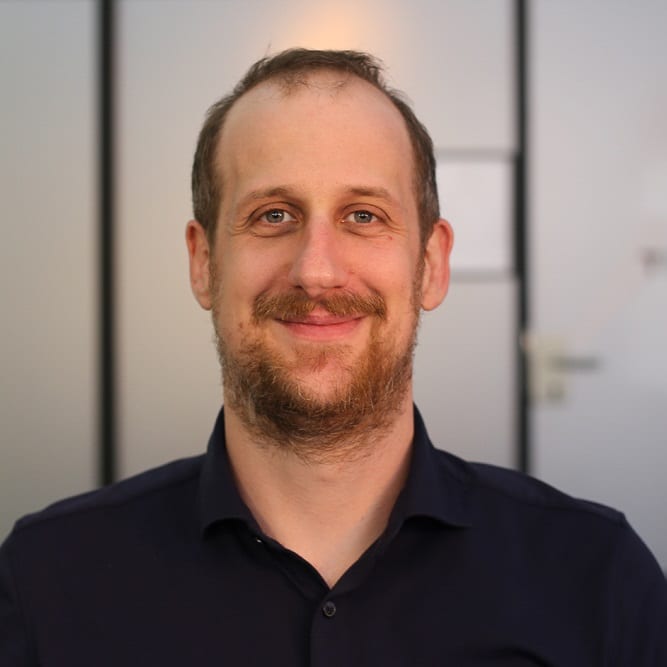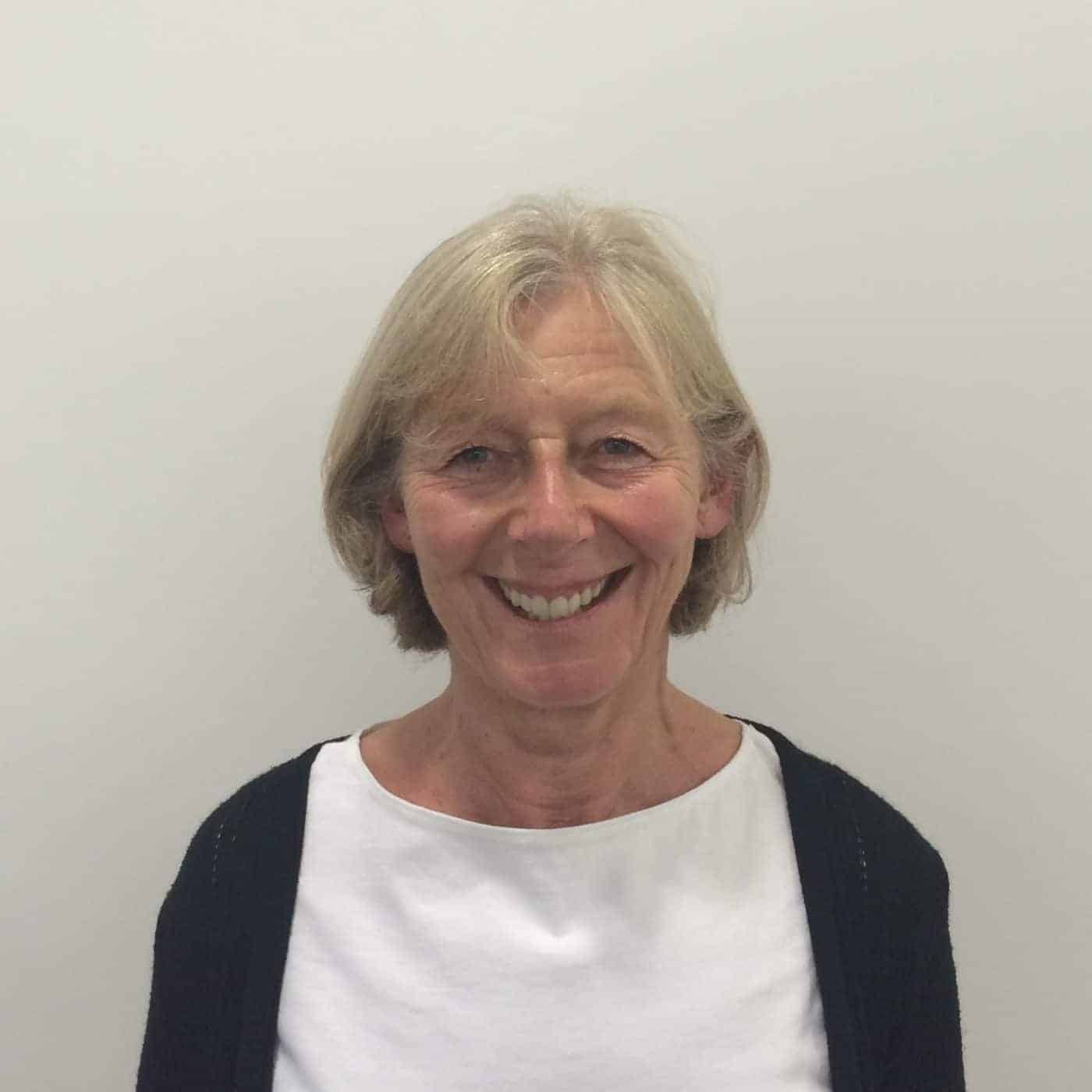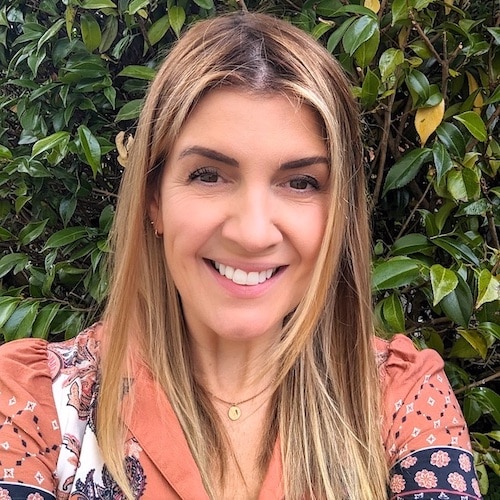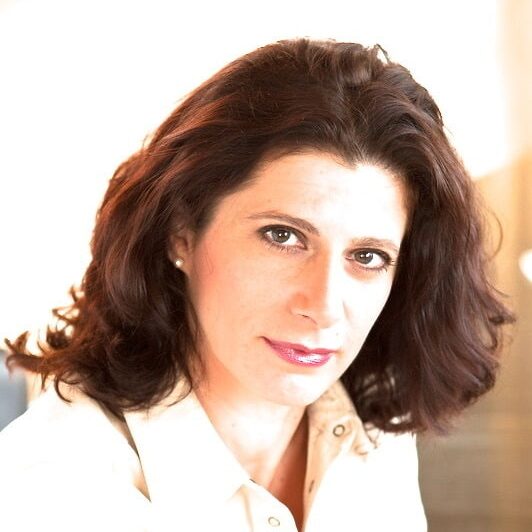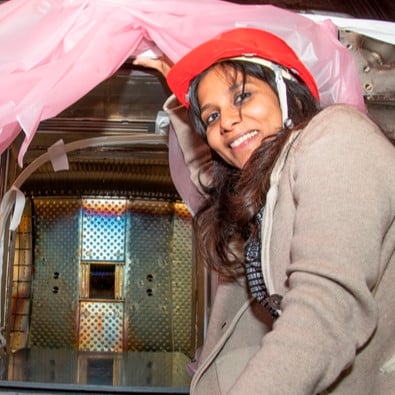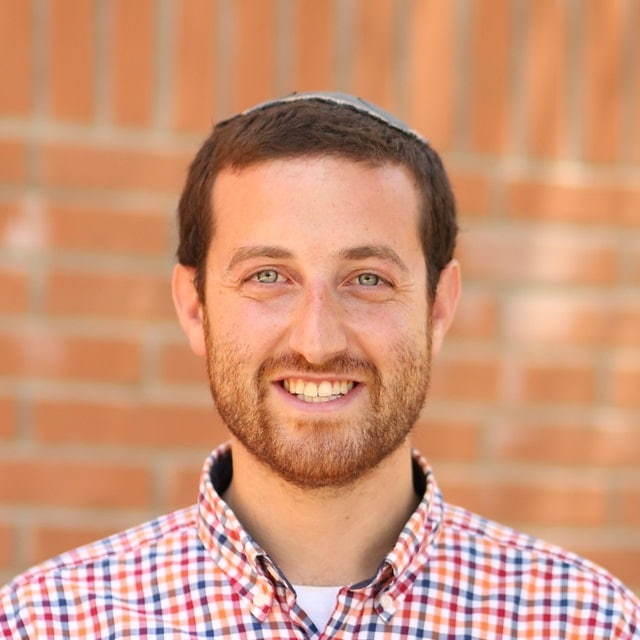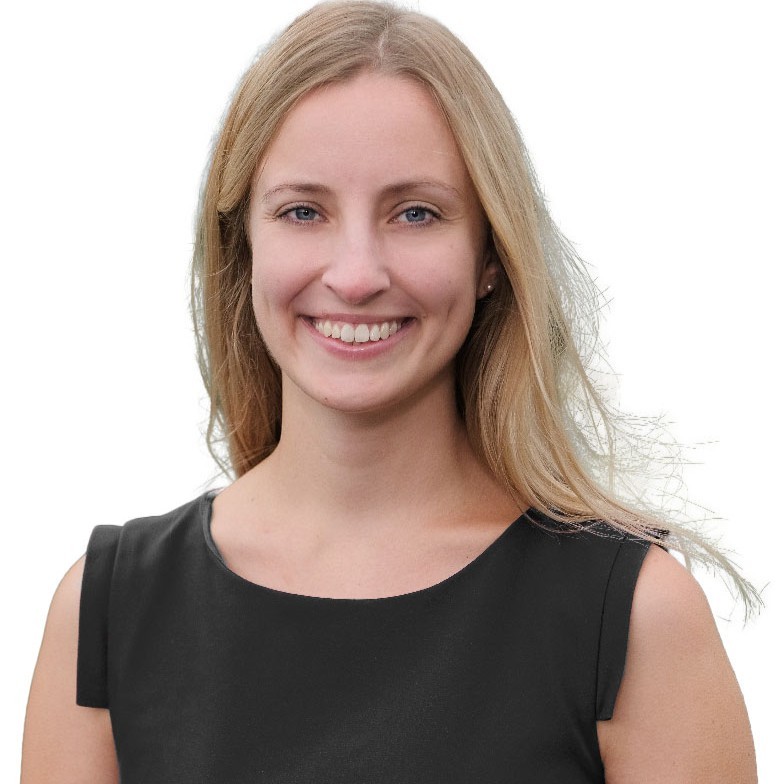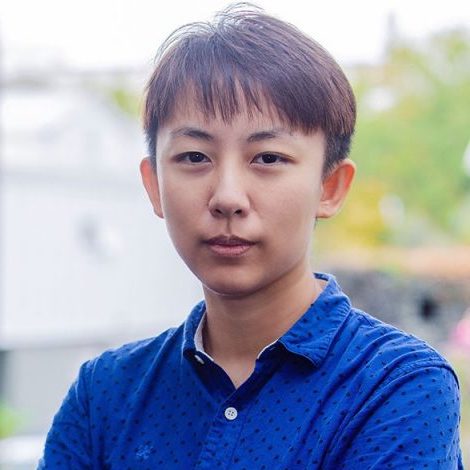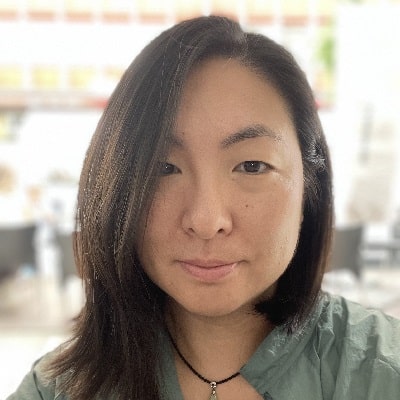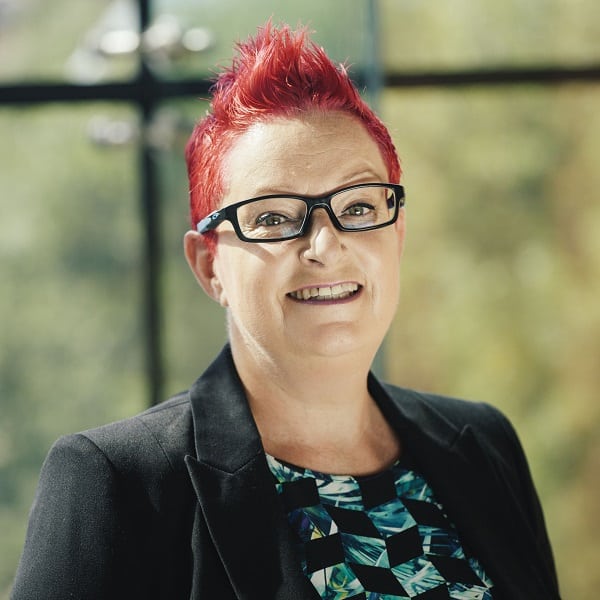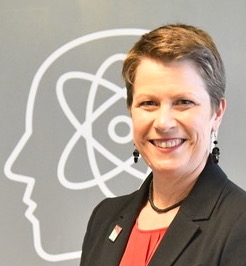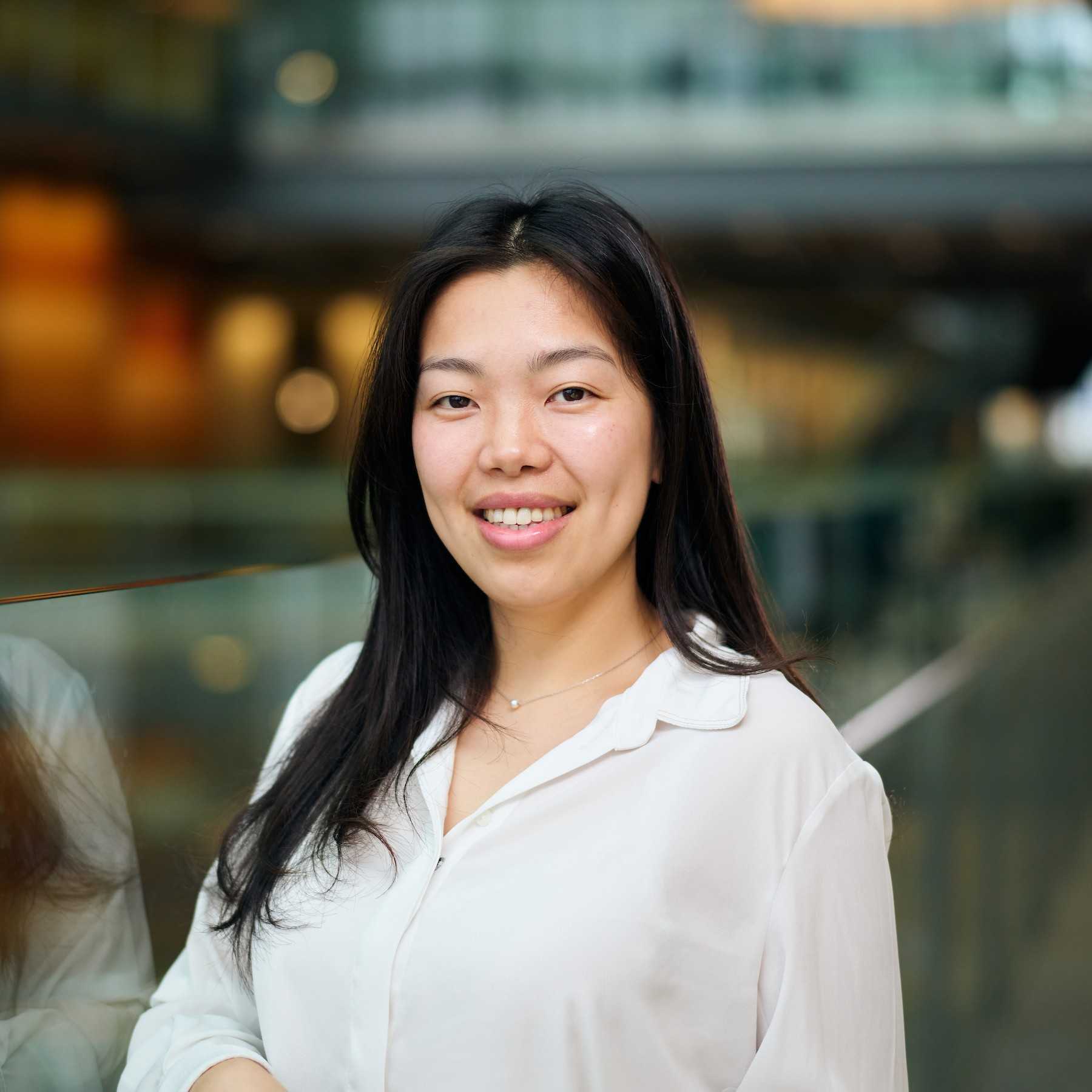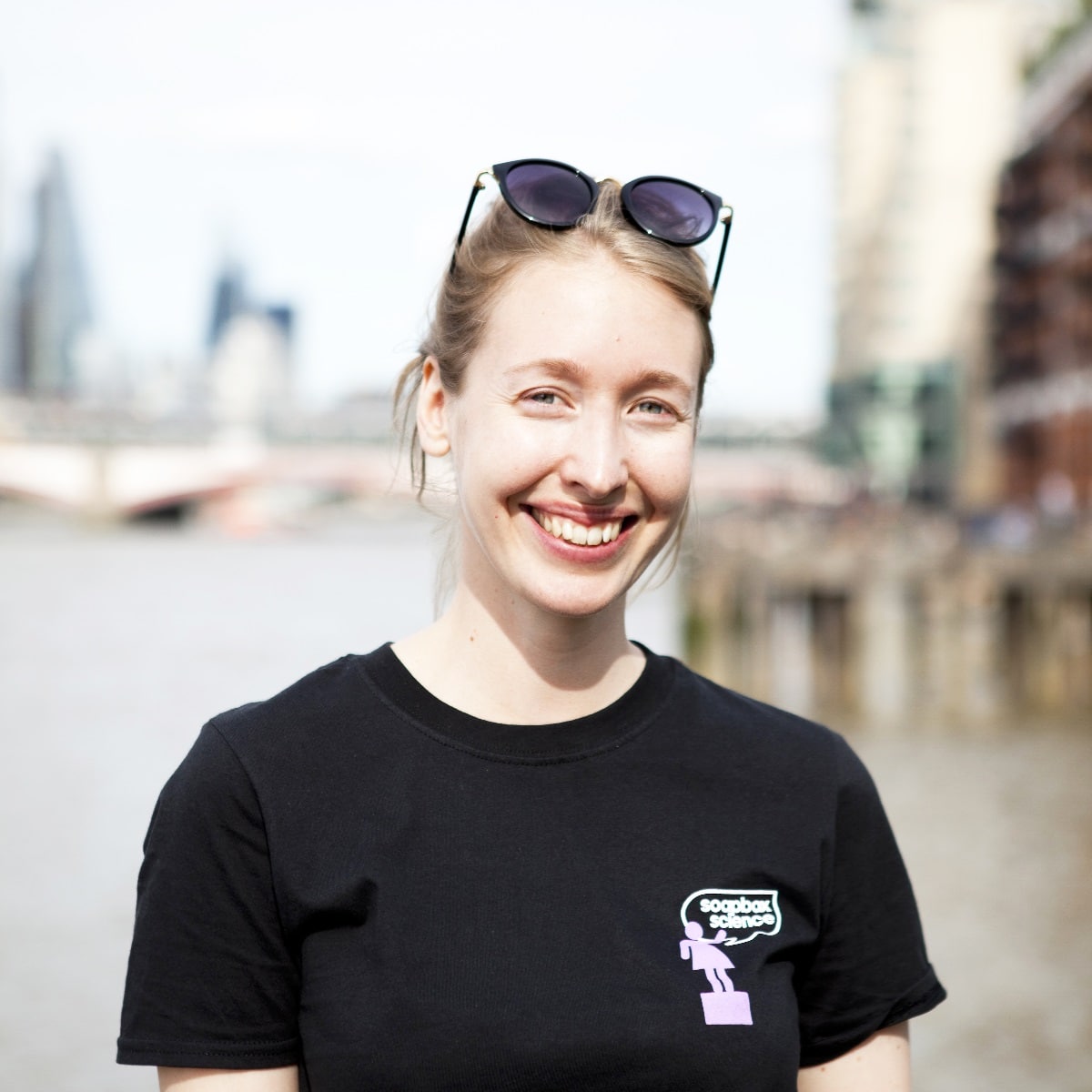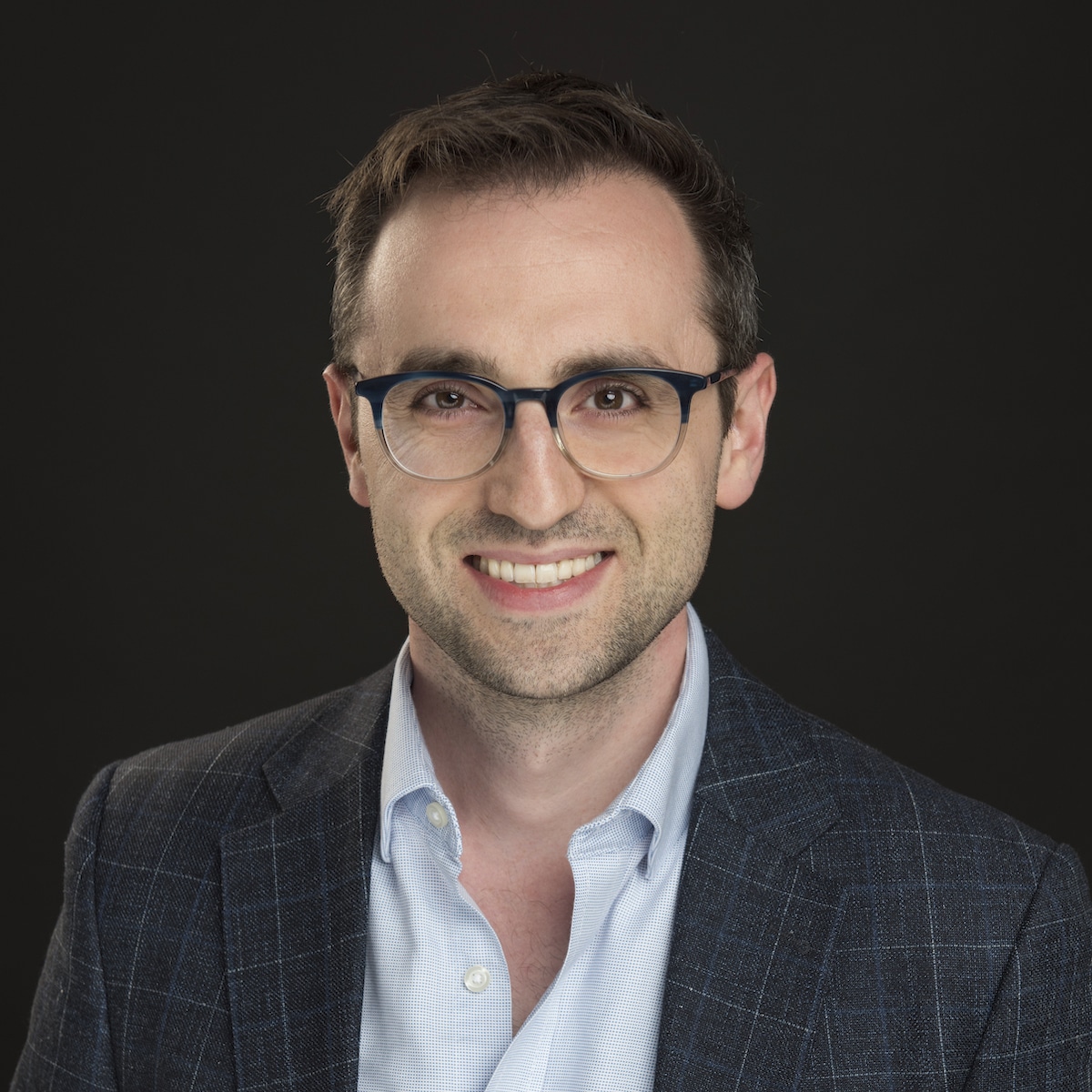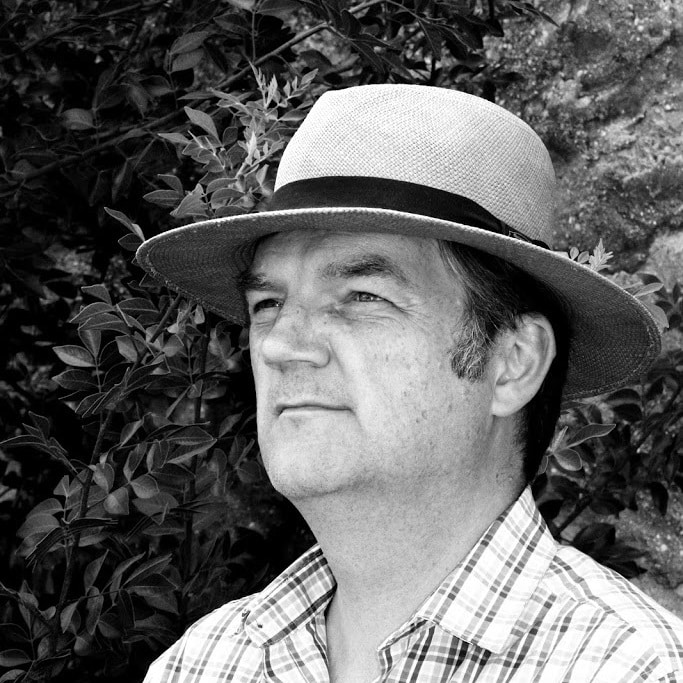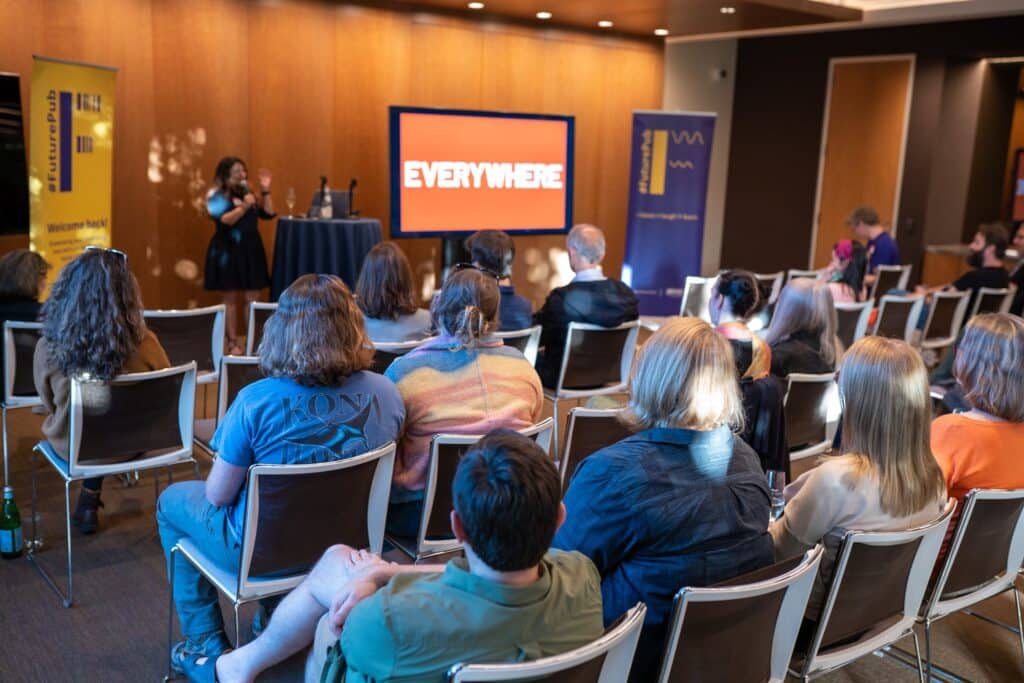
Last Thursday we headed to the picturesque Presidio in San Francisco to host our popular #FuturePub event. We’ve run over a dozen of these events to date – mainly in London – and this was our second in the US and first on the West Coast.
For those new to FuturePub, the evenings are designed to be fun and informal – like meeting up for drinks with friends after work and at the same time giving people the opportunity to showcase the new and exciting things they’ve been working on in science and publishing tech.
This one was a little more hectic than usual: a number of us from Digital Science were in San Francisco for Sci Foo, a pretty unique unconference being held that weekend at Google X. And because we like a challenge, we decided, at rather short notice, to host FuturePub the night before. Do or do not, as they say – so we did!
Of course, thanks to many late-night phone calls with Jocelyn from the excellent venue hire team at the Letterman Digital Arts Center, home of LucasFilm and Industrial Light & Magic, it all worked out beautifully. It was a fun, informal gathering at a great venue, with lots of conversation, smiles and some very exclusive Skywalker Ranch food and drink, because apparently we’re fancy on the West Coast!
Here’s our summary video! You may need to accept cookies to view it below, or you can watch it directly on YouTube:
The venue
Following on from our last FuturePub which took place at the Royal Institution, largely regarded as the home of science communication, we were very lucky to hold our first West Coast FuturePub at the Letterman Digital Arts Center (LDAC). Perched up in the Presidio Park of San Francisco, and with views out towards the Golden Gate Bridge and the Palace of Fine Arts, LDAC is also home to the movie industry’s most groundbreaking innovators and engineers such as LucasFilm and Industrial Light & Magic. Given their ethos of “shaking up the status quo” of how movies are made, we felt that it was the perfect venue for us to discuss how the technology and novel innovations are shaking up research for the better.

Suze and Huw, our videographer, were taken on an exclusive tour of the campus once they had set up the Skywalker Room for FuturePub, a process which was made all the speedier thanks to the help of Juan, Teresita, Augustine and his team, and Victoria at Sessions at the Presidio. It was interesting to discover some of the engineering innovations that the teams on campus have been responsible for, and to observe first-hand matte paintings and memorabilia from some of our favourite movies. Of course, no tour of the LDAC campus would be complete without a trip to the Skywalker Ranch General Store and a pilgrimage to the Yoda Fountain.
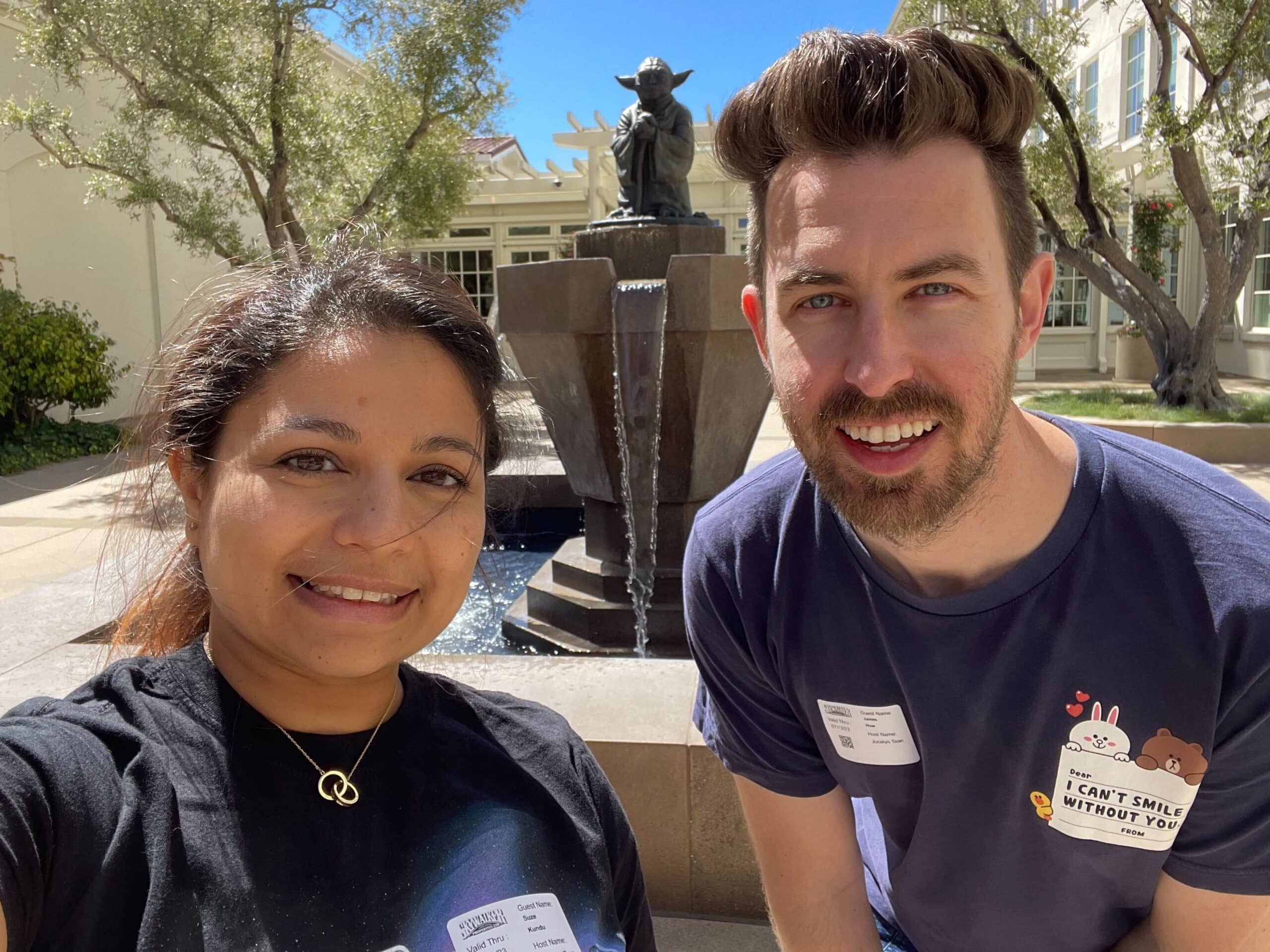
The lightning talks
We had five fantastic lightning talks covering everything from war to parrots, and much in-between! All five talks are now available to watch on Cassyni.
Up first we had Apurv Jain, Founder and CEO of MacroXStudio, showing how he and his team are able to use combine various alternative data sources – satellites, news, social, sensor and other data – to track economic activity in real-time with a high degree of accuracy, in contrast to government reports which are often lagging by several months.
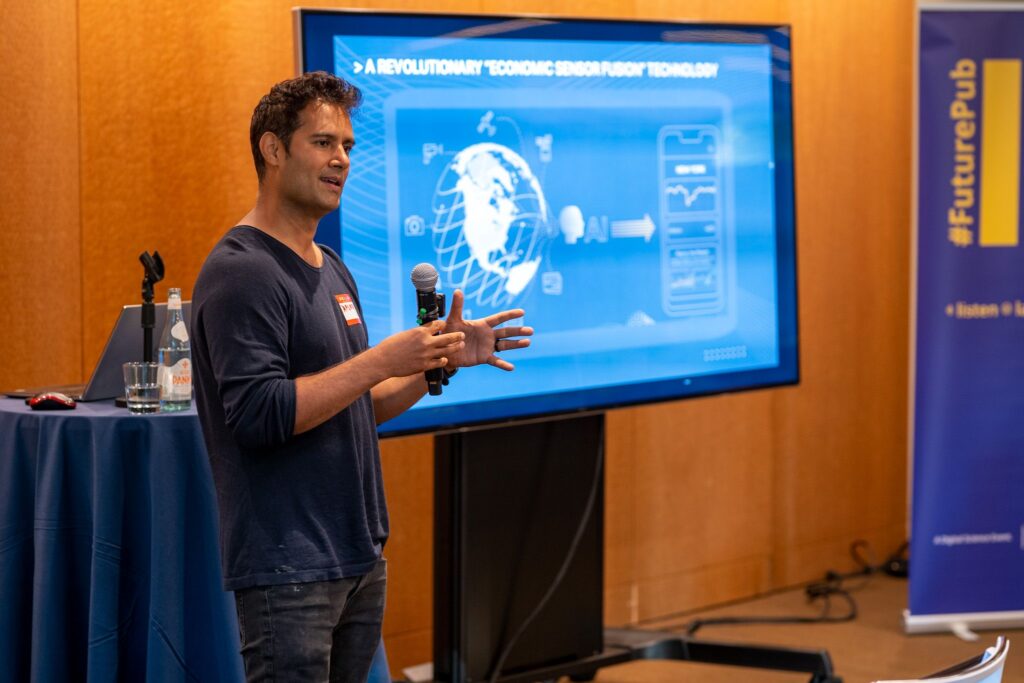
He demonstrated how their techniques can be used to get a better, more up-to-date picture of the state of Ukraine’s economy during the ongoing war. For more on this, take a look at their recent blog post.
Apurv’s talk generated a lot of lively discussion and questions around the modelling approach, activity as a proxy for the economy, and the benefits of multiple data sources – and this led nicely to our second speaker, Suze Kundu of Digital Science (my awesome colleague and co-organizer), and her talk on “Data data data… everything, everywhere, all at once”.
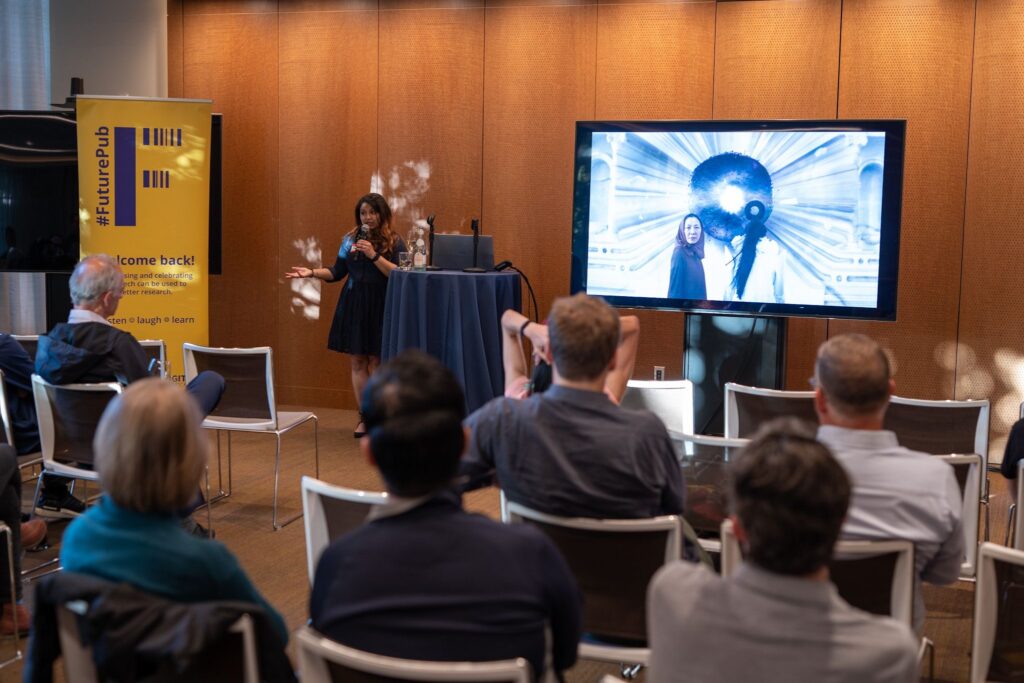
Suze gave a very visual presentation that highlighted the challenge researchers face searching the research literature, especially when it comes to topics outside their specific field. There is an ever-increasing volume of research outputs, and when researchers use traditional methods to find papers and collaborators they tend to get a very narrow selection of results back, usually all centred around their specific field. Suze demonstrated how – through incorporating work on knowledge graphs, ontology mapping, and semantic search, Dimensions provides a broader set of results, to help researchers find interesting (and potentially key) papers relevant to their research but from a field they wouldn’t have thought to look in.
Our third presenter, John Chodacki, speaking in his role as member of the Coko Foundation Advisory Board, then took a look at a related problem in publishing – once a researcher and their collaborators have written a paper, the process of publishing it can be complex, convoluted and time consuming, both for the authors and for the journal they submit to.
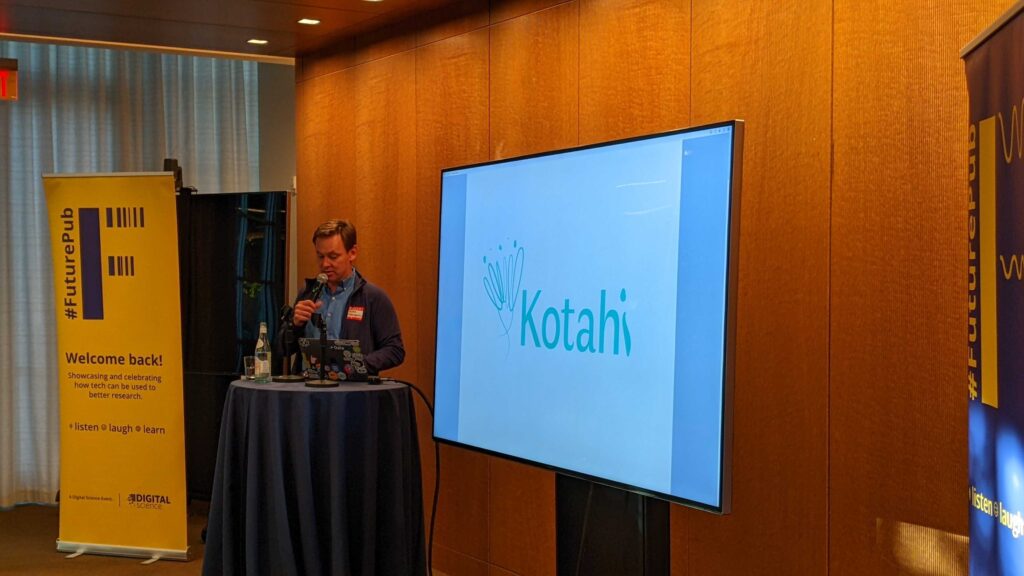
He demonstrated how Kotahi, an innovative new tool from the Coko Foundation, provides a simpler “push button” interface for publishers. With a single click, journals can export JATS, HTML and beautiful PDF. No XML, publishing vendors, or in-house technologists are required.
Here’s a video from John’s talk showing how it works (you may need to accept cookies to view it below, or you can watch it directly on Vimeo):
John then handed over the mic to Richard Price, founder and CEO of Academia.edu, who gave us a look back at the history of Academia.edu, and the reasons why he started it, before looking ahead to their future plans.
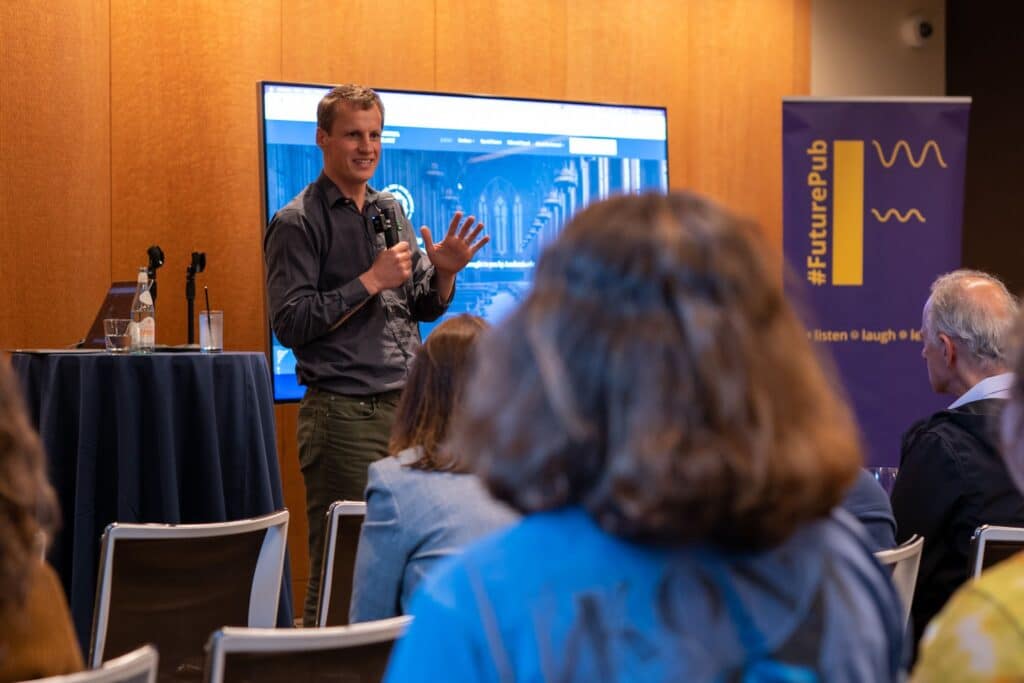
They’ve recently introduced a couple of new initiatives on the academia.edu network; a social feed for finding and discussing interesting things in research, and a number of new, open-access journals. In his talk, Richard walked us through the example of a journal which was launched just two months ago. One of their key aims is to use the network of academic.edu users to help streamline and accelerate the pace of journal publishing – it will be fascinating to see the outcome of this experimental initiative, and how it works in practice now that the first set of journals are live.
After Richard’s came our final talk of the evening, and it was very much a case of “And now for something completely different”! Irene Pepperberg shared her research on “Can a Grey parrot pass the “Marshmallow Test”?”
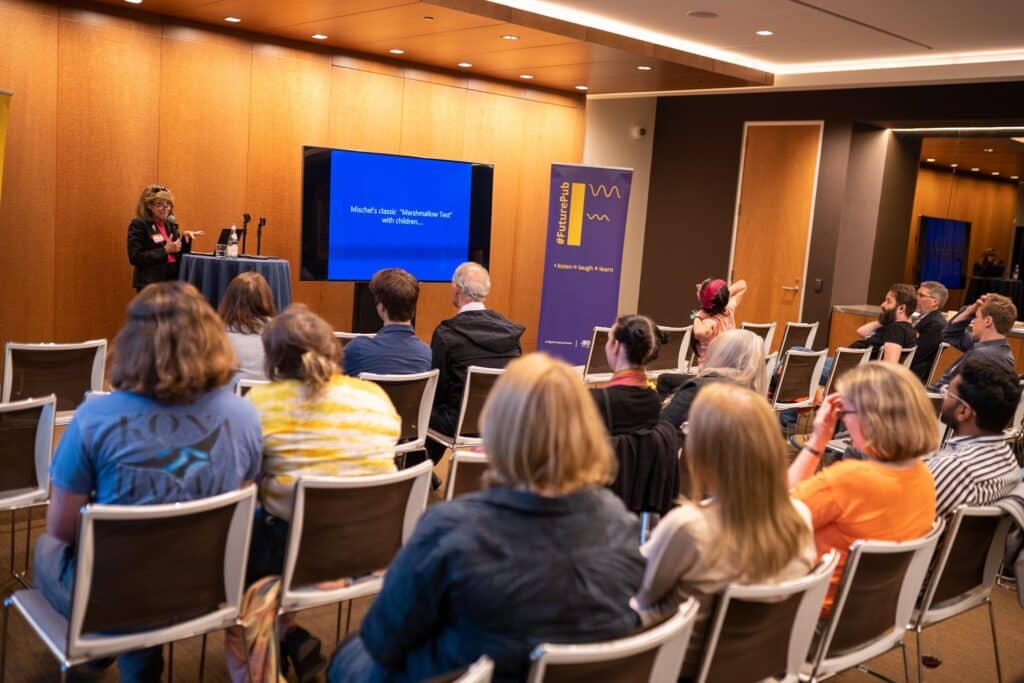
Irene, Adjunct Research Professor at Boston University and president of The Alex Foundation, had flown in that evening to attend Sci Foo at the weekend, and was keen to squeeze in a trip to FuturePub too if she could! She had a lightning talk on African grey parrots ready to go and we had the perfect person to complete our line-up for the night.
My wonderful colleague, Alison Mitchell, offered to wait at San Francisco airport to travel with Irene to the venue. By happy coincidence, Alison also used to look after an African grey parrot called Jasper!
Irene gave us a quick overview of her work with grey parrots, and showed some lovely videos demonstrating how they use similar distraction techniques to children in order to prevent themselves from giving into temptation and eating the marshmallow!
She concluded her talk by suggesting a method to improve executive function using the parrot as a model. If you’d like to read more about her work, you can find a number of papers, talks and news articles listed on the Alex Foundation website.
Mapping universities
We also had some beautiful posters on display showcasing Simon Porter‘s work on mapping out “What does a university look like?“. Simon was on hand to answer questions and discuss how they are made – he’d purposefully spent the previous week preparing posters for a large number of the West Coast universities nearby which resulted in a lot of audience pride when locals spotted their alma mater.
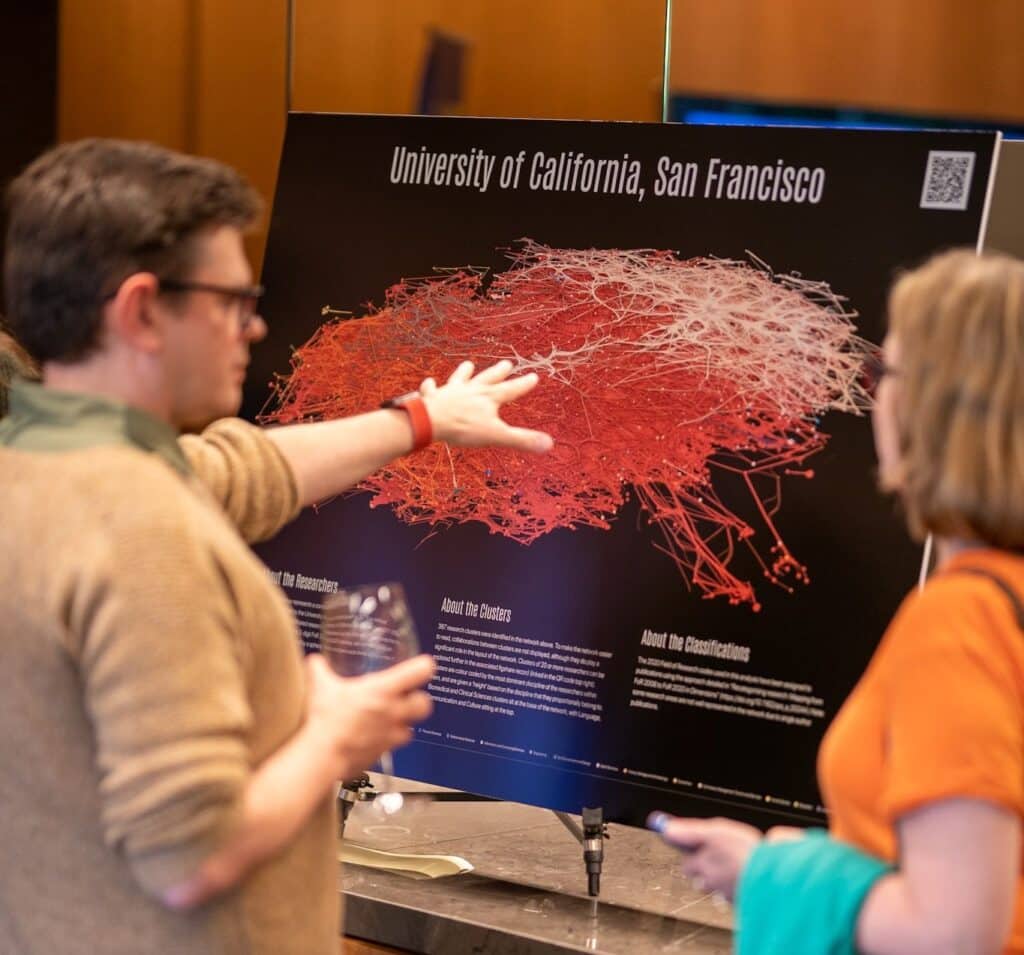
You can read more about Simon’s work here, and view the full project which contains the maps for dozens of universities worldwide on Figshare.
Photo Gallery
Finally (for now) here’s a gallery with some more photos from the evening taken by our videographer, Huw James. You can also view the lightning talks on Cassyni, where you can also see the lightning talks from our previous FuturePub.
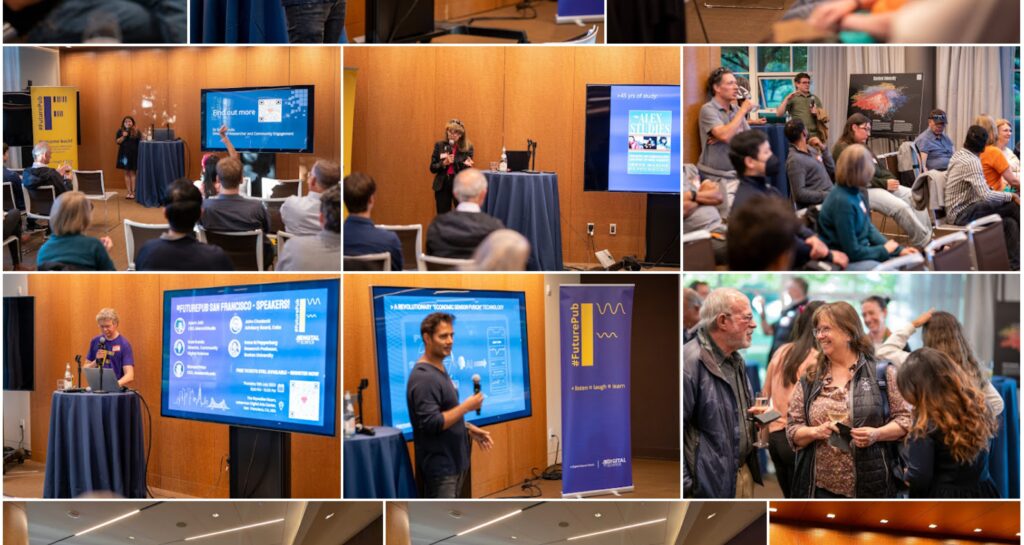
See you next time!
We’re currently planning the next FuturePub London for later in 2023 – date and venue still to be confirmed.
If you’re interested in speaking at a future #FuturePub, please let us know by filling out this short proposal form. If you’re at the American Chemical Society’s Fall conference in San Francisco (12-18 August 2023) check out Suze’s talks and panel discussion appearance!

